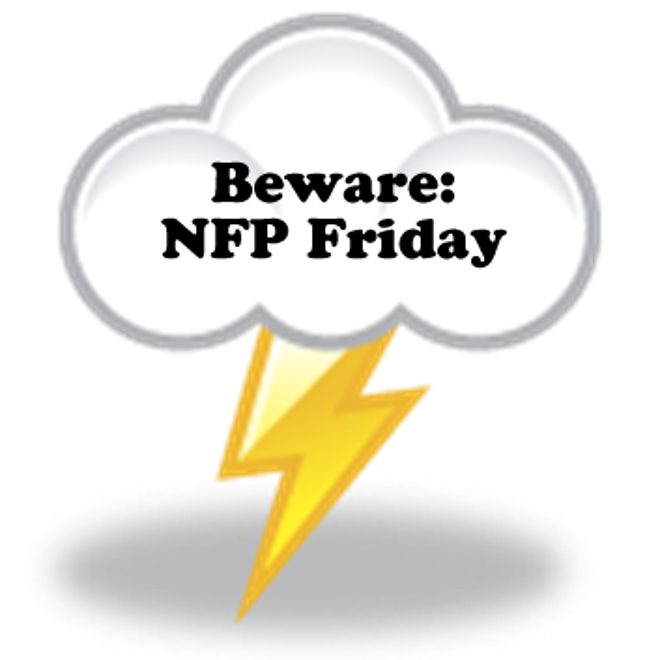Advertisement
Advertisement
Market Focus On US Jobs Data
By:
The US nonfarm payroll report is the main market focus today as traders are hoping for some indication that the Fed will or won’t raise interest rates in
Dollar buying sentiment also got a lift after Federal Reserve Bank of Atlanta President Dennis Lockhart told The Wall Street Journal this week that he supports lifting rates in September barring an unexpected economic downturn.
Lockhart told the paper it “will take a significant deterioration in the economic picture for me to be disinclined to move ahead.”
The Bank of Japan begins a two-day meeting Thursday, with all eyes on signs for when policymakers may launch further easing measures. The Bank of Japan kept monetary policy steady and maintained its upbeat assessment of the economy on Friday, signaling its conviction that inflation will hit its 2 percent target without additional monetary stimulus. The Japanese yen was trading on a weak note at 124.81.
As widely expected, the BOJ reiterated its pledge to increase base money, or cash and deposits at the central bank, at an annual pace of 80 trillion yen ($641 billion) through purchases of government bonds and risky assets.
Economic data and statements from Fed officials have been unclear about the timing of an interest rate hike. After their July meeting, Fed policy makers tweaked their monetary policy outlook to suggest that the U.S. labor market is nearly tight enough to warrant a rate hike.
An employment report from Automatic Data Processing LLC, released Wednesday, was lower than expected at 185,000, a sign that private sector job growth may have been lower than economists expected in July. Although the ADP number has consistently underestimated the nonfarm payrolls report.
Yesterday the big economic event was the new “Super Thursday” with the Bank of England, which turned into a nonevent. The pound tumbled after minutes from a meeting of Bank of England policy makers showed less support for an interest-rate increase. BOE officials voted 8-1 to hold rates steady.
Thursday marked the first time that minutes from a meeting of monetary policy makers were released concurrently with an updated policy outlook from the BOE’s rate-setting committee and a quarterly report on inflation expectations–an event market strategists dubbed “Super Thursday.”
The pound dropped to $1.5467, its lowest level in two weeks, after the outlook, inflation report and minutes were released at noon London Time. It has since recovered slightly, recently trading at $1.5518. Minutes from the meeting show that some policy makers thought it might be too soon to raise interest rates, with the pound’s strength offsetting rising inflation as the U.K.’s labor market grows tighter.
In Australia the central bank delivered a more upbeat assessment of the Australian economy but warned that lower than expected population growth could prove a drag on future prospects. In its August statement of monetary policy published on Friday, the RBA said indicators of economic conditions have been ‘more positive’ over recent months, jobs data has improved while non-mining business conditions are ‘clearly above average’. The Aussie was trading at 0.7371 gaining 26 points.
About the Author
Barry Normanauthor
Advertisement
